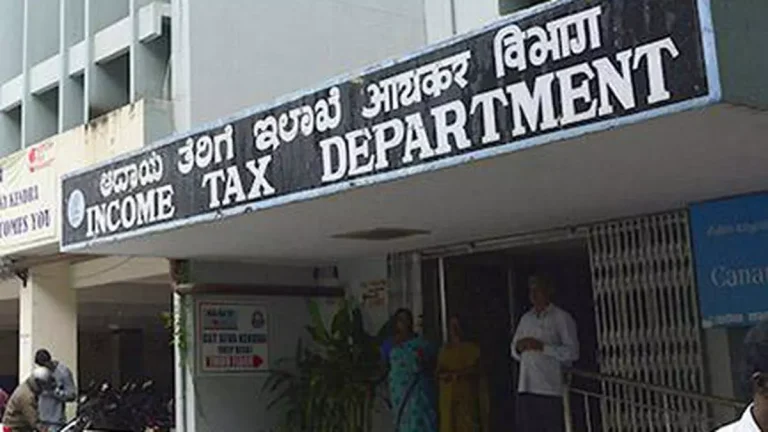NEW DELHI The Income Tax Department has reminded its officers and officials to follow a rule of conduct on duty regarding family members involved in business with the ‘spirit of rule’. This is part of the exercise of vigilance.
Rule 15(3) of the Central Civil Services Conduct Rules, 1964 prescribes: “Every government servant shall report to the government if any member of his family carries on any trade or business or owns or operates an insurance agency or a commission agency. » However, after reviewing the ongoing vigilance procedures against the officers/officials of the Department, the Directorate General of Income Tax (Vigilance) observed “there is an apparent lack of awareness among the executives regarding compliance with ‘a specific rule’. It is with this in mind that the Department published a communication as part of the “preventive vigilance” measures.
The rules also define “family members” in relation to a public servant. This includes the wife or husband, whether or not he lives with a civil servant. However, a legally divorced or separated spouse is not included in this definition. In addition, the son, daughter, son-in-law or daughter-in-law of the official and entirely dependent on him will be treated as a member of the family. However, a child or stepchild who is no longer dependent in any way on the official or whose custody the official has been deprived of by or under any law will not be treated as a member of the family. At the same time, the definition also includes any other person related, by blood or marriage, to the civil servant or his wife or husband and who is entirely dependent on the civil servant as a member of his family.
The communication indicates that it is observed that most of the officers/officials are generally not aware of the said specific rules. Those familiar with this rule interpret that one should not report under Rule 15(3) of the CCS (Conduct) Rules, 1964, if family members are engaged in business with their own funds. “This is not consistent with the spirit of the law,” the statement said. Consequently, he recalled that every government official has the duty to report to the government members of his family engaged in commercial or commercial activity.
Officials said such an “awareness raising” exercise ensured there was no conflict of interest. They also said other rules also apply to family members. One of these rules is “employment of close relatives of a civil servant in enterprises or corporations”. Here it has been said that no government official shall use his position or influence directly or indirectly to secure employment to any member of his family in any firm or business. Furthermore, no Class 1 officer shall, without prior permission from the Government, permit his son, daughter or any other dependent of him to accept employment in any company or business with which he has relations official or in any other business or enterprise having official relations with the government.
There is another provision which obliges the civil servant, as soon as he becomes aware of the acceptance by a member of his family of employment in a company or business, to inform the competent authority. It must also indicate whether he has had official relations with this company or business.



